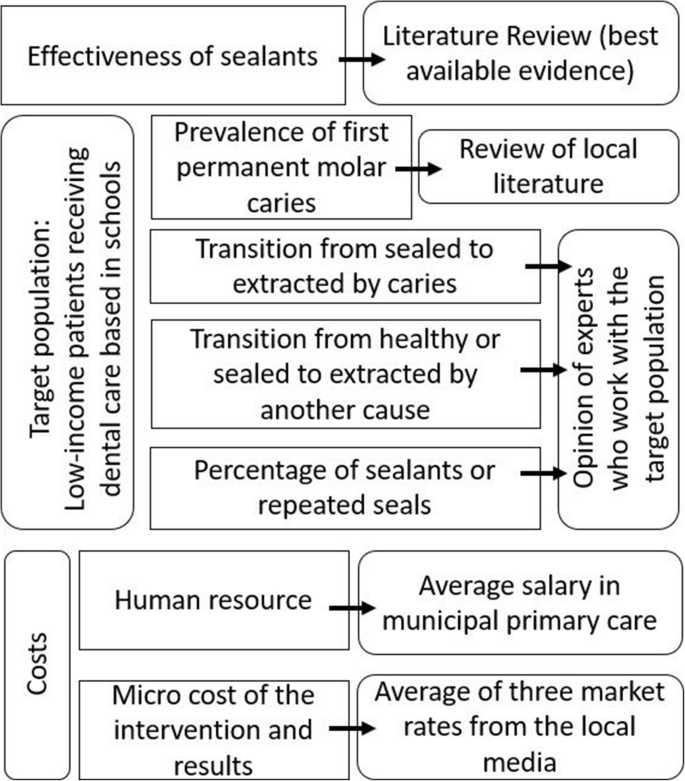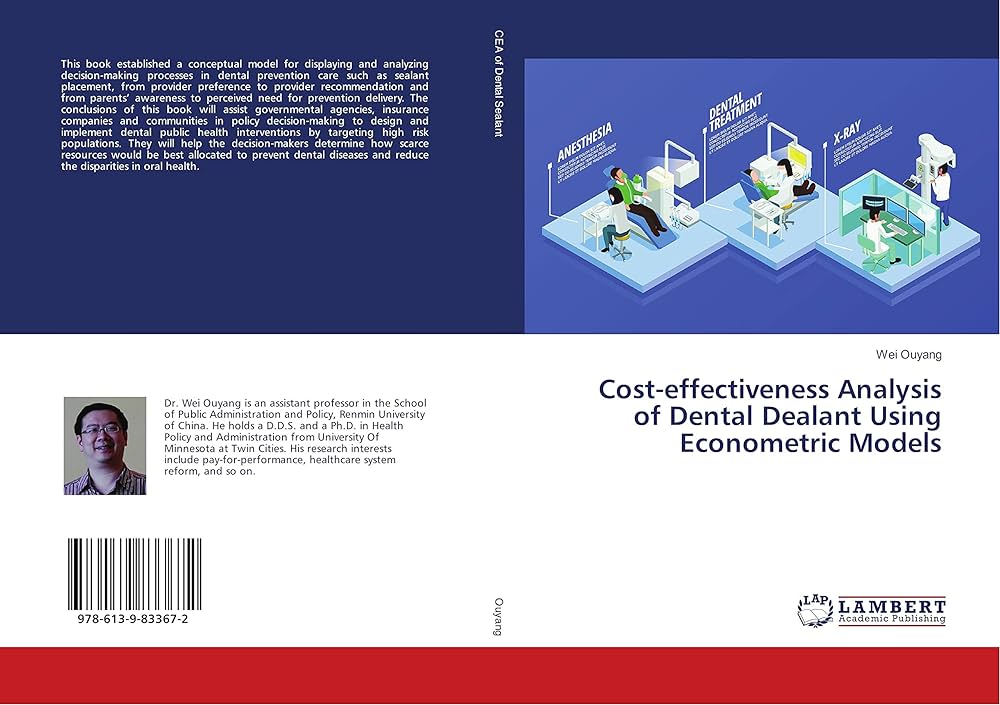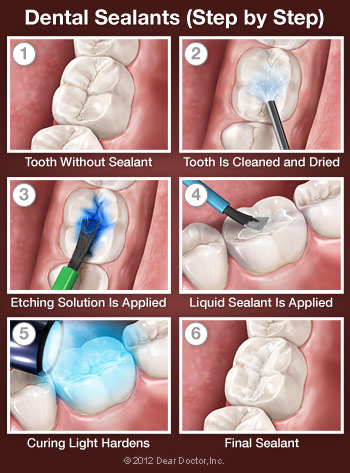Introduction
Dental sealants are a preventive dental treatment that involves applying a thin, protective coating to the chewing surfaces of the back teeth. This article explores the costs, benefits, and alternatives associated with dental sealants.
The Cost of Dental Sealants
The cost of dental sealants can vary depending on various factors such as the number of teeth being sealed, the dental professional’s fees, and the location. On average, the cost per tooth can range from $30 to $60. While this may seem like an additional expense, it is important to consider the long-term benefits and potential cost savings.
The Benefits of Dental Sealants
1. Prevents Tooth Decay: Dental sealants act as a barrier, protecting the teeth from decay-causing bacteria and acids. They seal off the deep grooves and pits on the chewing surfaces, making it harder for food particles and plaque to accumulate.
2. Long-lasting Protection: Dental sealants can last for several years with proper care. They provide continuous protection against cavities, reducing the need for more extensive dental treatments in the future.

3. Cost-effective: Investing in dental sealants can save you money in the long run. The cost of sealants is significantly lower than the expenses associated with treating tooth decay, such as fillings, root canals, or even extractions.
4. Pain-free and Non-invasive: The process of applying dental sealants is quick, painless, and non-invasive. It does not require any drilling or removal of tooth structure, making it an ideal option for both children and adults.
Alternatives to Dental Sealants
While dental sealants are highly effective, there are a few alternatives worth considering:
1. Fluoride Treatments
Fluoride treatments involve applying a concentrated fluoride solution to the teeth. This helps strengthen the enamel and make it more resistant to decay. While fluoride treatments can be beneficial, they may not provide the same level of protection as dental sealants, especially in the deep grooves and pits of the back teeth.
Summary
Dental sealants are a popular preventive measure used to protect teeth from decay. They are most commonly applied to the molars and premolars, as these teeth have deep grooves and pits that are difficult to clean properly. By sealing these surfaces, dental sealants create a barrier that prevents bacteria and food particles from getting trapped and causing cavities. While the cost of dental sealants can vary depending on factors such as location and dental insurance coverage, they are generally considered a cost-effective way to prevent future dental problems. However, it’s important to note that dental sealants are not a substitute for good oral hygiene practices, such as regular brushing and flossing. Additionally, there are alternative preventive measures, such as fluoride treatments and maintaining a healthy diet, that can also help reduce the risk of tooth decay. Ultimately, the decision of whether dental sealants are worth it for you should be based on your individual dental health needs and budget.
- Q: Are dental sealants worth it?
- A: Yes, dental sealants are worth it. They provide an effective way to prevent tooth decay and protect the teeth from cavities.
- Q: How much do dental sealants cost?
- A: The cost of dental sealants can vary depending on factors such as the number of teeth being sealed and the dental provider. On average, the cost per tooth can range from $30 to $60.
- Q: What are the benefits of dental sealants?
- A: Dental sealants offer several benefits. They provide a protective barrier on the chewing surfaces of the teeth, making them less susceptible to decay. Sealants are painless, quick to apply, and can last for many years with proper oral hygiene.
- Q: Are there any alternatives to dental sealants?
- A: While dental sealants are highly effective, there are alternative preventive measures such as maintaining good oral hygiene practices (brushing, flossing) and regular dental check-ups. However, these alternatives may not provide the same level of protection as dental sealants.

Welcome to my website! My name is Gabriel Butler, and I am a dedicated Dental Anesthesiologist with a passion for providing exceptional dental care to my patients. With years of experience in the field, I specialize in tooth extractions, dental fillings, sedation dentistry, and dental sealants.



